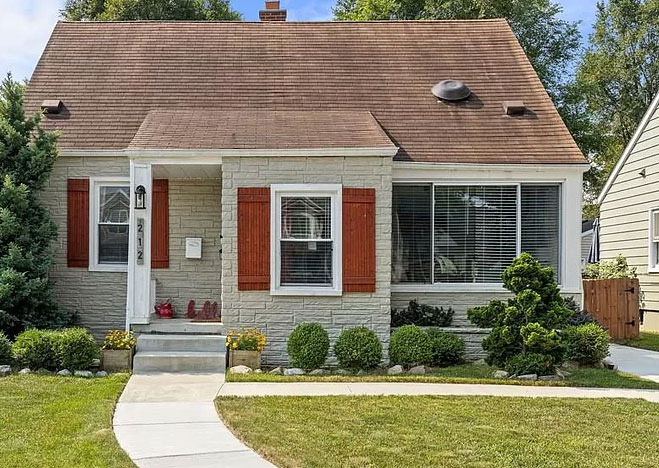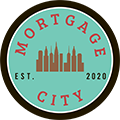
Jumbo loans are loan products that are intended for higher-priced properties. They are usually reserved for purchasers with excellent credit, consistent income, and a sizable cash reserve. These loans are a type of a mortgage with a balance more than the conforming loan limit for the county in which you are purchasing or refinancing. The conforming loan maximum is $548,250 in most locations, but it may increase to $822,375 in specific higher-cost sectors.
Since Fannie Mae and Freddie Mac do not establish the criteria for jumbo loans, financial institutions have considerable flexibility in determining eligibility. Due to the apparent increased risk, they are usually more challenging to qualify for. Jumbo loan requirements differ by lender and must be personally underwritten, often complicating the lending process. When applying for a jumbo loan, you may anticipate a bit more back-and-forth with your loan officer, as well as additional paperwork.
What Are the Requirements for a Jumbo Loan Application?
The following are the set of usual criteria to qualify for a jumbo loan, but they vary from lender to lender:
- A credit score of 680 or higher
- Maximum debt-to-income ratio: 38% to 43%
- The minimum down payment is often between 10% and 30%.
- Documents required: Additional income documents and tax records may be required, especially for self-employed borrowers
- 6 to 18 months of mortgage payments in cash reserves
- A second appraisal may be required.
Some creditors diversify their criteria by loan type, so whether you’re purchasing a house, refinancing, buying an investment property, or performing a cash-out refinance, you’ll need to satisfy various requirements.
The criteria for a jumbo loan may vary significantly depending on the lender you select. Here are some sample instances of each type’s requirements:
Home Purchase
- Minimum down payment: 10% for houses under $1.5 million; up to 40% for homes above $1.5 million; higher for a first-time home buyer
- Minimum credit score: 680 to 720, depending on the amount put on your down payment
- DTI maximum: 40%
Refinance
- Equity: 20% for houses under $1.5 million; up to 40% for homes above $1.5 million
- Minimum credit score: 680
- DTI maximum: 43%
Cash-out Refinance
- Equity: 20% to 30%.
- Cash available: $350,000 to $750,000 depending on your ownership investment
- Loan amounts: $1 million to $2 million, depending on your ownership investment
How Much Is the Minimum and Maximum Loan Amount You Can Take Out
If you want to apply for a jumbo loan, you should evaluate the limitations established for conforming and U.S. Federal Housing Administration (FHA) loans. The maximum loan limitations established by the agencies serve as a starting point for jumbo loans.
Some states have a single maximum loan limit for qualifying loans. For instance, in Michigan, loan amounts for jumbo loans in 2021 start at $548,250 and go up to $3,000,000 or more. Likewise, the maximum conforming loan threshold increases in certain high-cost regions, such as Washington, D.C., and some California counties. The Federal Housing Finance Agency increased the maximum conforming loan limit for a single-family home from $510,400 in 2020 to $548,250 in 2021. In more significant high-cost areas, the qualifying mortgage limit is capped at 150% of the maximum.
Final Thoughts – Is a Jumbo Loan Worth it?
Jumbo loans are intended for higher-priced real estate. They have more rigorous qualification criteria, which may result in higher monthly payments and interest rates. Therefore, they are best suited for purchasers with excellent credit, regular income, and lower debt levels. If you feel a jumbo loan is appropriate for you, you must search around for a reliable creditor. Jumbo loan requirements vary greatly, and searching around may help you obtain the best rate, the lowest closing fees, and the best mortgage for your circumstances.
Are you considering jumbo loans in Michigan, Florida, New Hampshire, or Ohio? Mortgage City, a licensed mortgage originator, can help you find the best options depending on your preferences and needs. Call us today at (248) 930-8709 to learn more about how we can help you!






